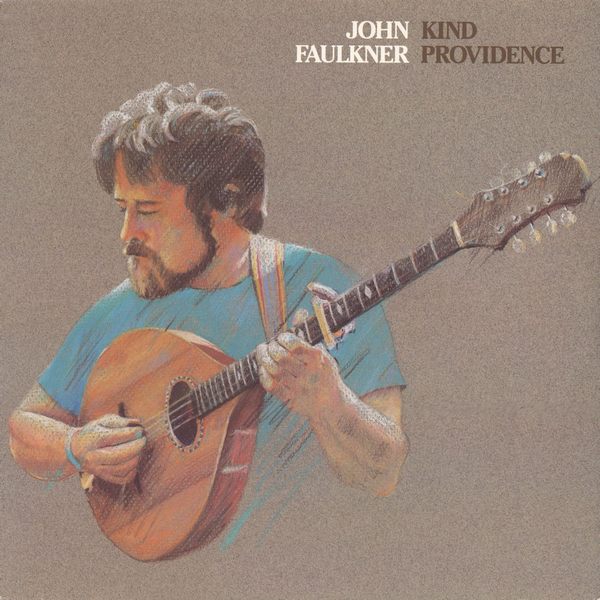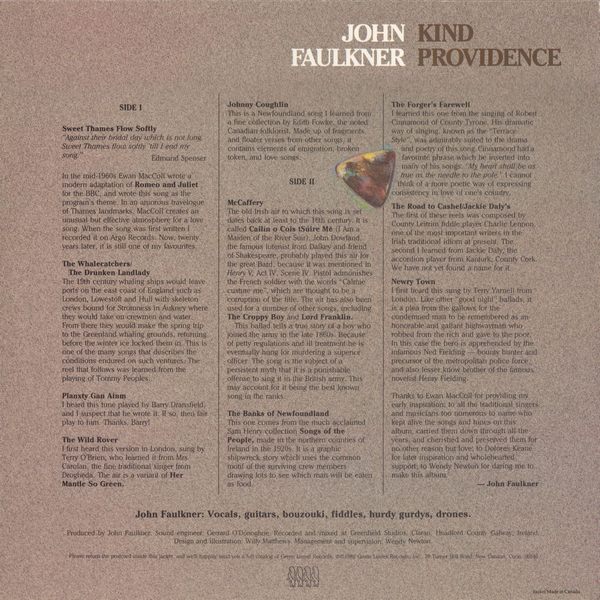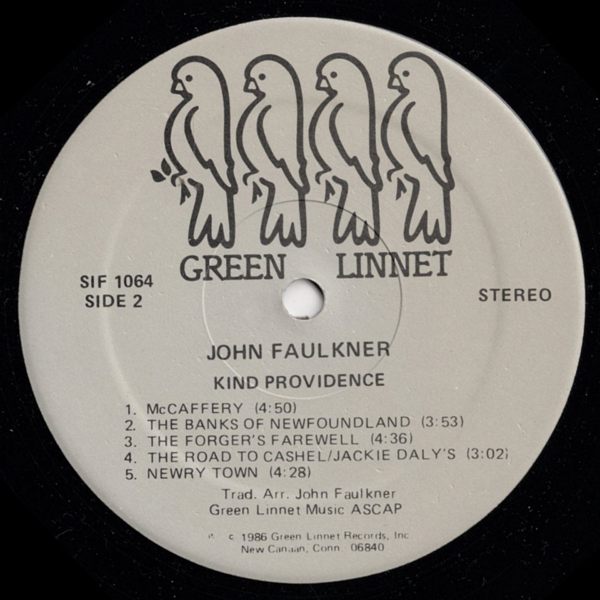
 |


 |
Sleeve Notes
Sweet Thames Flow Softly
"Against their bridal day which is not long. Sweet Thames flow softly 'till I end my song."
Edmund Spenser
In the mid-1960s Ewan MacColl wrote a modern adaptation of Romeo and Juliet for the BBC, and wrote this song as the program's theme. In an amorous travelogue of Thames landmarks, MacColl creates an unusual but effective atmosphere for a love song. When the song was first written I recorded it on Argo Records. Now, twenty years later, it is still one of my favourites.
The Whalecatchers/ The Drunken Landlady
The 19th century whaling ships would leave ports on the east coast of England such as London, Lowestoft and Hull with skeleton crews bound for Stromness in Aukney where they would take on crewmen and water. From there they would make the spring trip to the Greenland whaling grounds, returning before the winter ice locked them in. This is one of the many songs that describes the conditions endured on such ventures. The reel that follows was learned from the playing of Tommy Peoples.
Planxty Gan Ainm
I heard this tune played by Barry Dransfield, and I suspect that he wrote it. If so, then fair play to him. Thanks, Barry!
The Wild Rover
I first heard this version in London, sung by Terry O'Brien, who learned it from Mrs. Carolan, the fine traditional singer from Drogheda. The air is a variant of Her Mantle So Green.
Johnny Coughlin
This is a Newfoundland song I learned from a fine collection by Edith Fowke, the noted, Canadian folklorist. Made up of fragments and floater verses from other songs, it contains elements of emigration, broken token. and love songs.
McCaffery
The old Irish air to which this song is set dates back at least to the 16th century. It is called Cailin o Cois tSuire Me (I Am a Maiden of the River Suir). John Dowland, the famous lutenist from Dalkey and friend of Shakespeare, probably played this air for the great Bard, because it was mentioned in Henry V, Act IV, Scene IV. Pistol admonishes the French soldier With the words "Calmie custure me", which are thought to be a corruption of the title. The air has also been used for a number of other songs, including The Croppy Boy and Lord Franklin.
This ballad tells a true story of a boy who joined the army in the late 1860s. Because petty regulations and ill treatment he is eventually hung for murdering a superior officer. The song is the subject of a persistent myth that it is a punishable. Offense to sing it in the British army. This may account for it being the best known song in the ranks.
The Banks of Newfoundland
This one comes from the much acclaimed Sam Henry collection Songs of the People, made in the northern counties of Ireland in the 1920s. It is a graphic shipwreck story which uses the common motif of the surviving crew members drawing lots to see which man will be eaten as food.
The Forger's Farewell
I learned this one from the singing of Robert Cinnamond of County Tyrone. His dramatic way of singing, known as the "Terrace Style", was admirably suited to the drama and poetry of this song. Cinnamond had a favourite phrase which he inserted into many of his songs: "My heart shall be as true as the needle to the pole." I cannot think of a more poetic way of expressing consistency in love of one's country.
The Road to Cashel/Jackie Daly's
The first of these reels was composed by County Leitrim fiddle player Charlie Lennon, one of the most important writers in the Irish traditional idiom at present. The second I learned from Jackie Daly, the accordion player from Kanturk, County Cork. We have not yet found a name for it.
Newry Town
I first heard this sung by Terry Yarnell from London. Like other "good night" ballads, it is a plea from the gallows for the condemned man to be remembered as an honorable and gallant highwayman who robbed from the rich and gave to the poor. In this case the hero is apprehended by the infamous Ned Fielding — bounty hunter and precursor of the metropolitan police force, and also lesser know brother of the famous novelist Henry Fielding.
Thanks to Ewan MacColl for providing my early inspiration: to all the traditional singers and musicians too numerous to name who kept alive the songs and tunes on this album, carried them down through all the years, and cherished and preserved them for no other reason but love: to Dolores Keane for later inspiration and wholehearted support: to Wendy Newton for daring me to make this album.
John Faulkner